At our Galway-based physiotherapy and sports injury clinic, we commonly treat meniscal tears and injuries of the knee. The medial and lateral menisci play an important role in absorbing forces and assisting in the role of nourishing the knee joint. An injury can cause altered biomechanics of the knee joint and pain.
Meniscal tears are the most common lesions followed by the meniscal cyst. Both of them have 2 causes. The first one is traumatic and the second one is a degenerative meniscal tear. A meniscal cyst may present with signs and symptoms consistent with typical meniscal pathology.
Meniscus injuries are often seen in athletes as a result of a sports injury and represent approximately 15% of all cases sports injuries. A meniscus can be torn or can be completely ruptured. There are partial or total ruptures of a lateral or medial meniscus. Medial tears are reported more commonly than lateral tears. In addition to tears occurring in sports, osteoarthritis can also lead to a spontaneous meniscal tear through breakdown and weakening of the meniscal structure.
Physiotherapy is conservative treatment for meniscus tears which focuses on strengthening the quadriceps, glutes and hamstring muscles to prevent secondary quadriceps atrophy. This treatment is most successful with an incomplete tear or a small stable tear in the zone with blood supply.
Exercise therapy has been suggested to be an effective treatment option for patients with meniscus injuries. The aim of treatment is to improve knee function and limit joint pain. There is strong evidence that physical training plays an important role in reducing symptoms and improving muscle strength and physical ability.
Regular physiotherapy with exercise therapy can promote faster healing time and enable better function of the knee on return to activity. This is a big focus for us here at West Coast Physio.
Our mission is to help people get back to doing the things they love to do.
PHYSIOTHERAPY IS AN ESSENTIAL HEALTH SERVICE
During this pandemic, chartered physiotherapists at West Coast Physio will continue to provide services while following all relevant government COVID-19 guidelines to keep you safe during your visit, including screening for COVID-19 before each treatment.
Disclaimer: The information provided on this website is for informational purposes only and should not be treated as medical advice. If you have any questions about your condition, please do not hesitate to give us a call.
